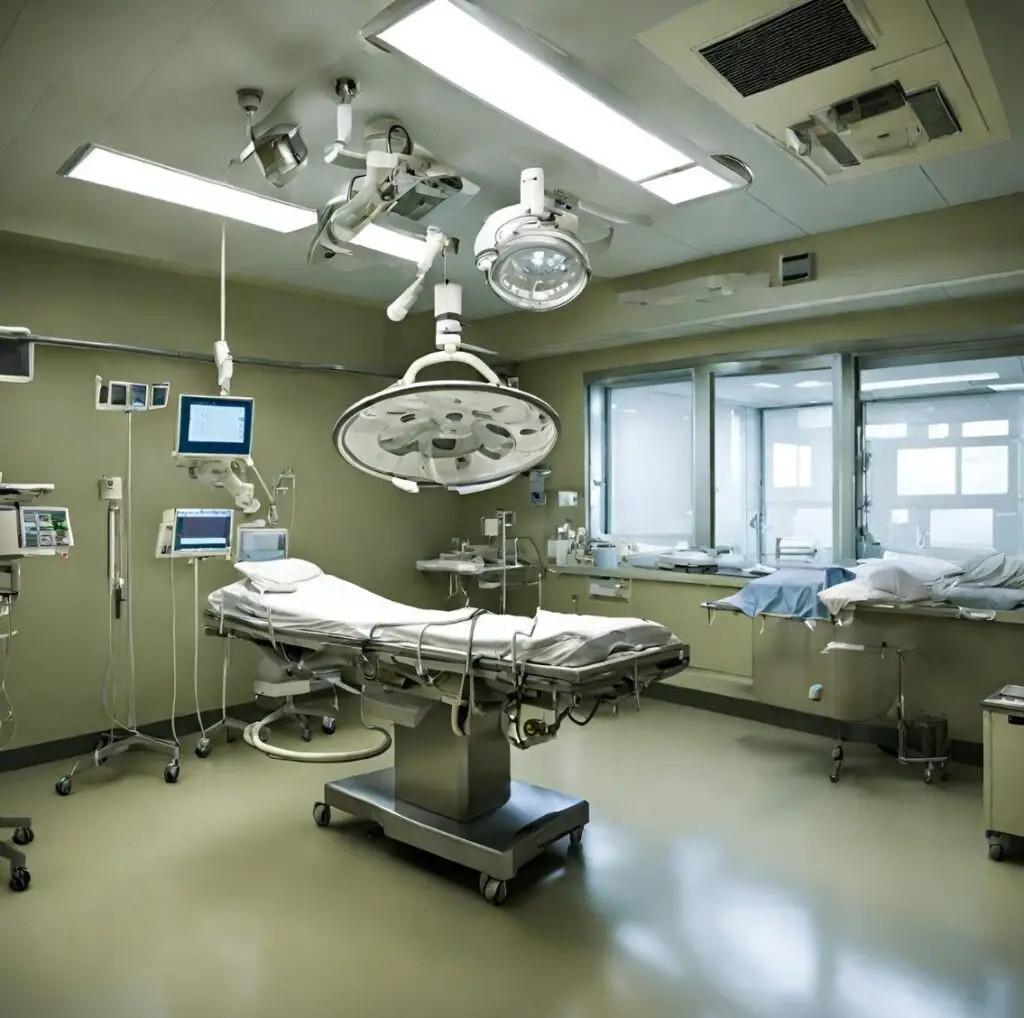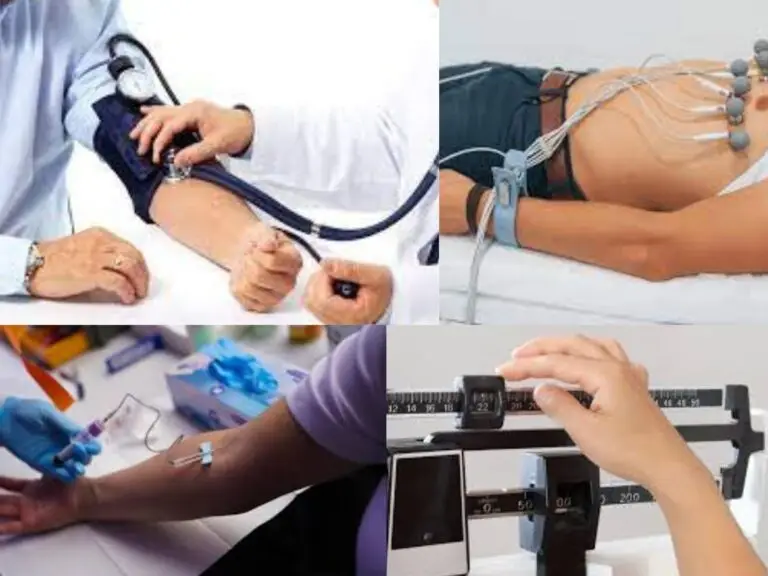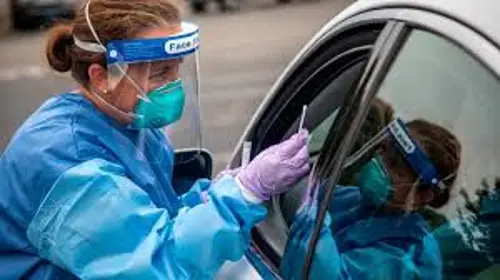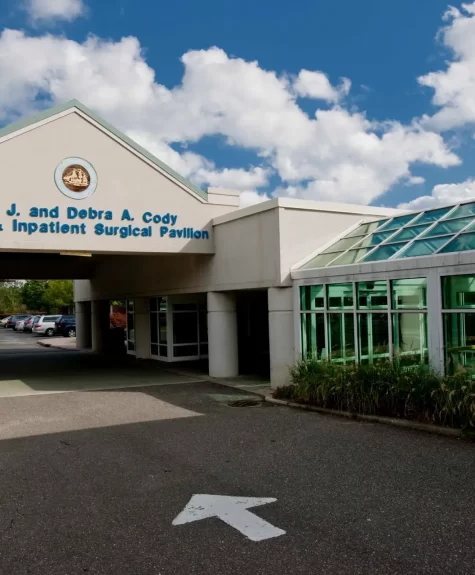
Hi! I’m Paul – a retired IT professional who cares about helping others through my life’s array of experiences. To learn more about me, read my bio. Thanks! Knee replacement: knee arthroplasty
Knee Replacement Testing that will Best Prepare You for Success
Introduction – Knee Arthroplasty Preparation
My two previous knee arthroplasty postings provide you an overview of my experience. I discuss my history, decision to have a full left knee arthroplasty and what I did to prepare for the surgery. I will now detail pre-surgical testing and everything involved leading up to surgery. You will understand my experience and get guidance on what you should do to prepare for your surgery.
Pre-surgical Testing
Knee replacement pre-surgical testing appointments follow detailed steps. It is important you, the doctors, and hospital are on the same page and prepared. We covered the following areas during my appointment:
- Confirmed surgery date
- Confirmed Covid-19 test date and where I needed to go for the test
- Reviewed insurance coverage
- Reviewed completion of the education class
- Made sure I had a ride home when discharged from the hospital
- Discussed home environment for post-surgery recovery
- Reviewed medical clearances
- Went over medications and made sure I understood what I could and could not take
- Medical examination by the nurse practitioner
Click here for a useful link. I found it helped in understanding what to expect during a pre-operative appointment.
Pre-Operation Education Class for Knee Replacement
A prerequisite to have the knee replacement surgery was that I attend a class at the hospital. This class introduced me to nurses, doctors, and areas of the hospital. They are all involved in the procedure and recovery one way or another. There were medical staff, doctors and a physical therapist in attendance as well. This was to make me aware of what to expect day-of and post-surgery. The class involved:
- An animated simulation of the knee arthroplasty
- Holding the knee replacement parts – hardware
- The nurse describing what to expect from when I got to the hospital through recovery
- The doctor explaining the procedure and answering questions
- A physical therapist describing therapy I would receive before discharge

The class also discussed risks, complications, and issues that could arise. Refer to this link to learn more about these. I will go into detail on the complications that occurred with me in my next post.
Hospital Pre-Procedure Testing
While waiting for my pre-surgical testing day, I was going to my doctors for medical clearance. Please review my knee arthroplasty previous post on what that entailed. As a reminder, these doctors include my cardiologist, dentist and general practitioner. Getting these clearances was a prerequisite for full clearance by the hospital. When the day of pre-surgical testing came, I was expecting to be at the hospital for a couple of hours. My expectation was accurate.
Pre-surgical testing at the hospital started with a review of my insurance. This included co-payment and confirmation of the surgery date. If you haven’t been through this before, please note you may receive bills from doctors you do not recognize. These can be radiologists, anesthesiologists or others. Get a list of places that could be charging you and confirm the coverage with your insurance company. I received these names from the hospital where I had the procedure. You may not have the option to change these individuals or companies. At least you will know what to expect before surgery. This goes for any type of surgery or procedure, not only knee replacements.
Knee Replacement Testing
From the receptionist’s desk, I went into an exam room for a physical exam. A lot of the basic testing covered by my personal doctors was re-done. They checked:
- height
- weight
- blood pressure
- temperature
- oxygen rate, etc.
You get the idea. I also had an ECG, more blood work and x-rays. The quick analysis of the results was the result of having the tests done in the hospital. This means that if there was an issue with the results, there would most likely be enough time to address it before the knee arthroplasty.
Review Knee Arthroplasty Clearances
When testing completed, the nurse reviewed the medical clearances received already. If anything was missing, and there was one in my case, I had a follow-up action. I needed to have the doctor in question clarify or resend the clearance to the hospital. Next the nurse reviewed my medications ensuring I understood what to take the day of surgery. Also, we discussed when to start retaking the medications post-surgery.
Housekeeping for Knee Replacement Surgery
One of the final things covered was to review my support post-surgery. I talked about my home environment. This means I described:
- where I planned to sleep, main floor or second story
- where the bathroom was in relation to where I was sleeping
- the location of the shower I would be using
The concern was how many steps I would need to climb to get to a bedroom or bathroom. Also important was whether I had a traditional bathtub or a step-in shower. These were all noted in my file for physical therapy. Everything on the main floor covered me in my case. There is one step onto a porch from the outside and another step into the house. The sleeping, bathroom and step-in shower were all on the main floor although there is one step down into the shower area. In the end, all testing completed for me without any major issues.
Covid-19 Pre-Surgical Testing
After all the knee arthroplasty medical clearance appointments and pre-surgical testing, I had my last appointment a few days before surgery. This was a Covid-19 test. Unfortunately, everyone is familiar with this test. The hospital needed to ensure I was not positive for Covid-19. There was not much I had to do for this test. It was a drive-up test. When I got to the designated parking lot at the hospital, I called, and a nurse came out to perform the nasal swab test. This test came back negative, so I was good-to-go for my total knee arthroplasty.
Day of Knee Replacement Surgery
The day before surgery, I needed to use a special soap to clean when I showered. I needed to do the same the morning of the surgery. You will get specific instructions from the hospital for your procedure. I could not eat anything after midnight due to the time of the procedure, which I found out the evening prior. There needs to be at least six hours without eating or drinking before the surgery. Discuss any concerns that you have about this with your doctor and hospital. Everyone should be on the same page. If you have medication to take the day of surgery, you can have a sip of water to take it.
My surgery was early enough in the morning, so I did not have to wait long before heading to the hospital. I knew in advance that they would admit me. Due to certain risk factors, I spent the night in the hospital. I made sure to leave anything of value at home. Confirming I had everything that was needed, it was off to the hospital.
Arriving at the Hospital
Upon arrival at the hospital, we went to a specific parking lot for patients. The front desk pointed me to the waiting room and after a few minutes of waiting, I went back into the prep area. Here is where they had me change into those wonderful hospital gowns, set my IV, and review my information. They triple checked that they had my wife’s contact information as she was my support. I remember them telling my wife that she could actually go home and wait. It was going to be a few hours before she would hear from my doctor at the completion of the surgery. I met with the nurses who would be caring for me, those that would be in the operating room, the anesthesiologist and finally my doctor. They each confirmed why I was there and what area of my body was being worked on. After a decent wait, the nurse walked me into the operating room and the fun started.
My Knee Replacement Guidance
A common theme with all these posts about my total left knee arthroplasty is that you need to prepare. This is not the type of procedure that you can show up not knowing what to expect. Northwell Health provided me with good information, and I was as prepared as I could be for my surgery.
Things to Learn
- Find out if there is a class you can take like the class I took. I found it helpful to hear from the people involved in the surgery.
- You should understand the type of anesthesia and how it will affect you. Yes, everyone is unique and can have a different reaction, but certain types of anesthesia cause specific reactions.
- When going for testing ask if you need to fast. It is not likely but if they want a fasting blood test, they can reschedule you if you eat. Misinterpretation of your results could occur if you eat, and the doctor was expecting a fast.
- It depends on how the procedure goes but understand there is a chance you could stay in the hospital at least overnight. Talk with the doctor and hospital about this. Some people stay but many go home the same day. It depends on your situation.
- Understand how you will learn about your medical clearances and results. Will the hospital contact you or is it up to you to ensure there are no issues? If you assume they will contact you and they do not, that could cause a problem the day of the surgery if there is an issue.
Things to Remember
- If you feel like you are not prepared, ask questions. Start with your surgeon and then the location where the procedure will take place.
- Have a list of questions ready for your appointments. Whether it is with your doctor or pre-surgical testing, have questions written down to ask. This will help you stay focused and ensure you get all the information you need.
- Get a list of possible other charges you may receive from doctors you may not recognize. These can be radiologists, anesthesiologists or others. Your surgeon or hospital should be able to provide you with these names. Confirm the coverage with your insurance company.
- Do not confuse unpreparedness with nerves. You will be nervous. It is a normal reaction. Being nervous does not mean you are not prepared.
Some of these things sound like they should be common sense. But when you are in the middle of all this, it can be very easy to forget something or make assumptions.
What’s Next
In my next health post, I will:
- tell you about my surgery and recovery time.
- discuss my hospital stay and the care I received while I was there.
- talk about possible complications you might have and some that I had.
- go into detail about the pain and medications after surgery, which are important for recovery.
I will start talking about physical therapy, both at home and at the outpatient facility. I will give you advice and recommendations and tell you what worked best for me.
As always, I hope these posts and my experiences are helpful when you apply them to your situation.




2 Responses
Being prepared is very important. The links are useful. What a great idea to attend a class prior to surgery! Thank you for listing out all the steps and things to learn and remember.
I agree with you that preparation is important. Thanks for sharing.